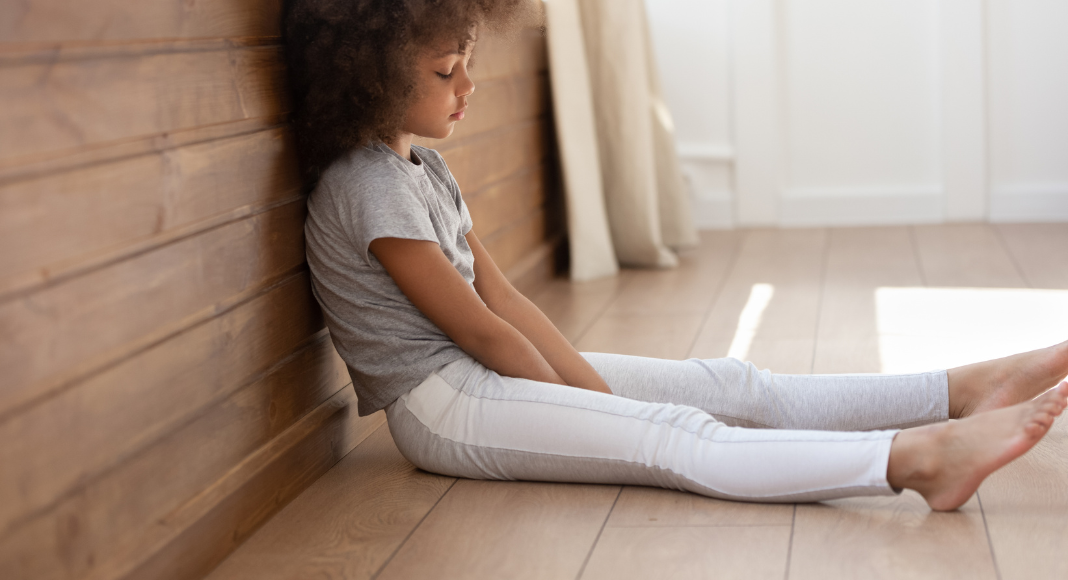 “Just speak up so I can hear you,” my kindergarten teacher yelled at me as I sat on the carpet, holding back my tears. I couldn’t talk louder; this was my voice, a quiet and reserved one. I sat in silence with my head down, hoping she would get frustrated enough to move on to the next kid and forget about me.
“Just speak up so I can hear you,” my kindergarten teacher yelled at me as I sat on the carpet, holding back my tears. I couldn’t talk louder; this was my voice, a quiet and reserved one. I sat in silence with my head down, hoping she would get frustrated enough to move on to the next kid and forget about me.
I was one of the quiet kids.
Forty years later and I fully accept that I’m an introvert by nature. My three children are generally that way too, one being selectively mute. As a child, I was made to believe being quiet was something wrong with me, and I hated myself for it. Many adults in my life acted like I could easily turn on a switch and be more talkative, as though it was that easy. I tried. I failed. My self-esteem sunk. The shyness got worse.
Luckily we’ve come a long way in how to parent and teach in the few decades.
It is perfectly fine to have the quiet kids.
Quiet kids are thinkers.
Quiet kids enjoy alone time. Sometimes a lot of alone time.
They tend not to need tons of attention.
They tend to need reassurance.
Quiet children enjoy quiet activities. They may or may not like crowds. Some crowds allow you to get lost in them and have peace; others are just too noisy.
Quiet kids like to sleep.
Quiet kids love movies and books, maybe video games, maybe not.
Empathy runs high in shy children.
Sensitivity runs high in shy children. They may have sensory sensitivities.
A shy kid may freeze up. The words won’t come out.
Quiet children tend to be easygoing and calm.
They tend to be good listeners.
Silence does not mean not understanding.
The quiet kids have a lot to offer and have many ways of communicating that may not involve spoken words.
Give them time. Time to respond. Time to mature. Maturity and experience were the necessary elements I needed as I grew up. And a lot of patience on the part of adults in my life.
























